Nasukarasuyama City, Tochigi栃木県那須烏山市
Living in Nasukarasuyama City, Tochigi
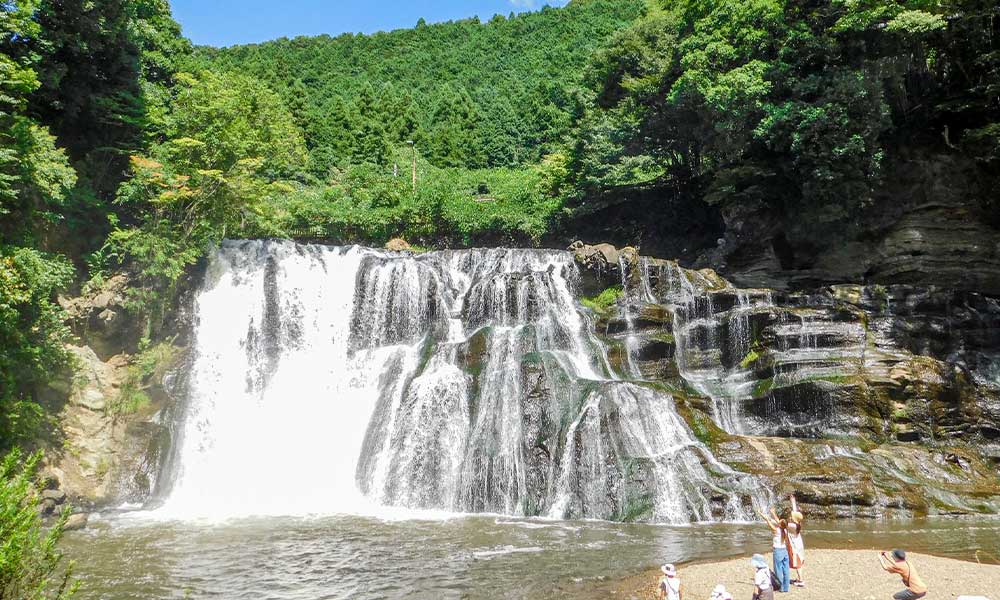
We have Summarized the livability of Nasukarasuyama City, Tochigi.
CENTRAL AREA県央地域
CONTENTS
- What kind of place is Nasukarasuyama City?
- Nasukarasuyama CityPR video
- How is the traffic situation in Nasukarasuyama City?
- How are the rent and land prices in Nasukarasuyama City?
- How is childcare and education in Nasukarasuyama City?
- How about shopping in Nasukarasuyama City?
- How about jobs and recruitment in Nasukarasuyama City?
- Nasukarasuyama City’s unique subsidy/subsidy system
What kind of place is Nasukarasuyama City, Tochigi?
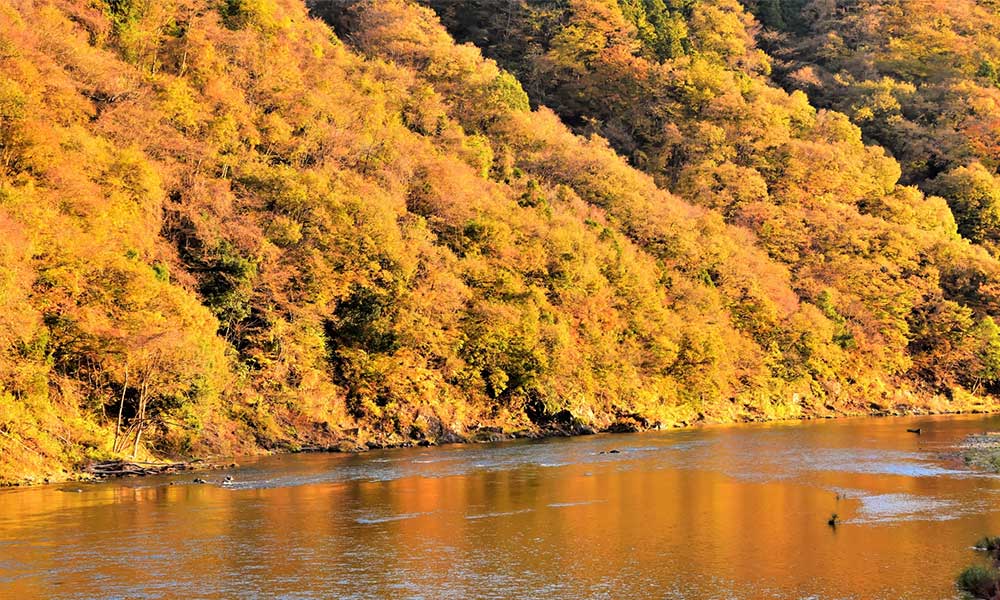
Nasukarasuyama City is a city with a beautiful natural environment and a peaceful lifestyle, and is recommended for those who want a laid-back lifestyle.
栃木県の中東部にあり、面積は約174.35平方kmです。
北側はさくら市・那珂川町と、東側は茨城県常陸大宮市と、南側は市貝町・茂木町と、西側は高根沢町と隣接しています。
人口は約2.4万人、世帯数は約1万世帯です。(2023年11月時点)
宇都宮市からは約30kmの距離で、地形は那珂川が平野部を流れており、右岸には丘陵地帯となっており市街地が広がっています。また、それを縫うように荒川や江河などの河川が流れています。
那珂川左岸は、東部山間地帯となっており、那珂川県立自然公園に属する山間地と小河川で形成されています。
八溝山系の山々や清流、里山などの農村地と集落が調和した美しい景色が魅力です。
那須烏山市は、2005年に南那須町と烏山町が合併し誕生しました。
Nasukarasuyama City is rich in natural landscapes, and its agricultural and forestry industries have thrived for centuries. The city is particularly known for its rice cultivation, tomatoes, strawberries, and livestock farming.
Forestry, centered around the Karasuyama area, includes the planting of cedar and cypress trees, as well as the production of specialty forest products such as shiitake mushrooms and wasabi.
The city is also steeped in history and tradition, with numerous cultural and tourist attractions such as the Karasuyama Castle Ruins and Karasuyama Washi paper.
The ‘Karasuyama Castle Ruins‘ date back over 600 years, having been built by the Shimotsuke Nasu clan. Today, the area is covered in cedar forests, and the well-preserved stone walls and moats, along with the walking paths, make it a popular spot for both locals and tourists.
“Karasuyama Washi” is a handmade paper produced from the mulberry plant, known for its strength and elegance. It has been produced in the region since the Nara period and is still used for festival floats and school graduation certificates.
The ‘Karasuyama Yamaage Festival‘ is a famous outdoor Kabuki performance registered as a UNESCO Intangible Cultural Heritage event. This historic festival dates back to 1560 when Nasu Suketane, the lord of Karasuyama Castle, performed a ceremonial play to pray for the end of an epidemic. Held every July, the festival features paper mountains made from Karasuyama Washi and showcases dramatic performances with stunning backdrops, attracting many visitors.
PR video of Nasukarasuyama City, Tochigi
Nasukarasuyama City Permanent Residence Promotion Web Video
[Nasukarasuyama City] Nasukara Promotion
JR Karasuyama Line 100th Anniversary Commemorative Video
How is the traffic situation in Nasukarasuyama City?
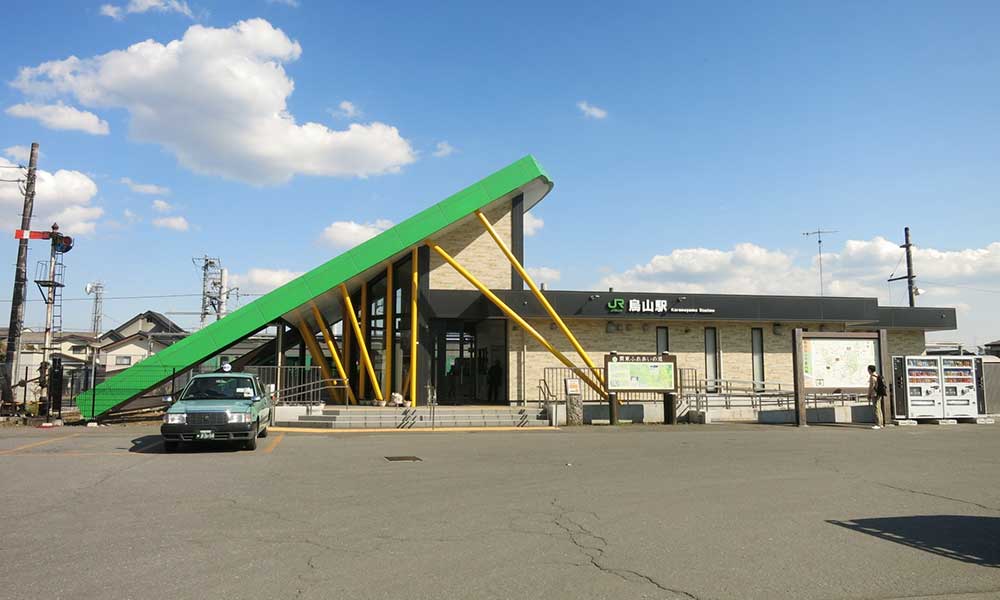
Nasukarasuyama City is a city with excellent transport links by train and car.
Nasukarasuyama city has one line and five stations. The JR Karasuyama Line, which starts at Utsunomiya Station, crosses the city, with stations at Karasuyama Station, Taki Station, Hanawa Station, Ogane Station, and Konoyama Station.
National highways that run through Nasukarasuyama include National Route 294, which connects Mogi-cho and Ichikai-cho in the south with Nakagawa-cho in the north, and Sanmangoku-dori, which crosses the center of the city.
Local bus routes that can be used within Nasukarasuyama city include the Nasukarasuyama City Bus “Karasuyama Takabe Line” and “Ichihanawa Kuroda Karasuyama Line” and the Nakagawa-cho Community Bus “Bato Karasuyama Line”.
You can also travel by train, making it convenient for daily life. There is also almost no traffic congestion, so traveling by car is also comfortable.
Trains and buses run infrequently, which can be inconvenient.
How are the rent and land prices in Nasukarasuyama City?
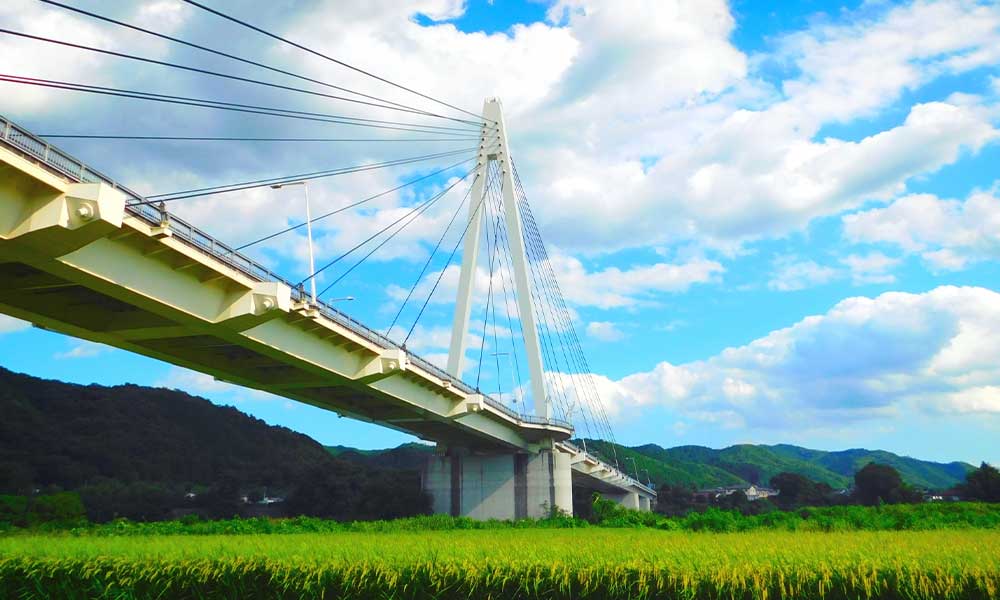
Nasukarasuyama City is a peaceful, easy-to-live-in city with relatively low housing prices.
According to information from a real estate information website, the average rent in the city for a newly built apartment within a 10-minute walk from the station is about 54,000 yen for a 1K and 61,000 yen for a 2DK. The average land price per tsubo is about 40,000 yen per tsubo.
Detached houses are the norm in Nasukarasuyama. There are suburban residential areas and apartment complexes within the city, but there tends to be a large number of detached houses built on relatively large lots.
Nasukarasuyama City is an area blessed with nature, with an abundance of mountains and rivers. In particular, it is close to the famous tourist destinations of Nasu Highlands and Nasu Onsen, where you can enjoy beautiful natural scenery in every season.
As this is an area blessed with abundant nature, there is a risk of natural disasters, and appropriate disaster prevention measures are required.
How is childcare and education in Nasukarasuyama City?
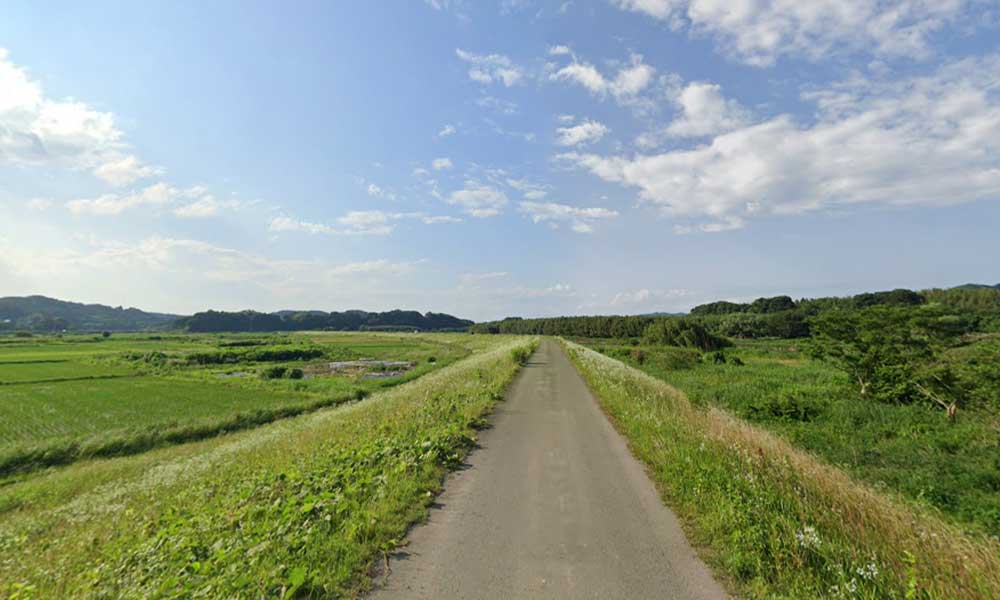
Nasukarasuyama City is a city with a full range of childcare and educational facilities, from nursery schools to high schools.
Nasukarasuyama City has 5 nursery schools, 4 kindergartens, 5 elementary schools, 1 junior high school, and 1 high school. There are no junior colleges or universities.
The ‘Children’s Medical Expense Subsidy Program‘ covers full medical expenses for outpatient and inpatient care for children under 18 years old (until March 31 after turning 18).
As part of the child allowance, 15,000 yen is provided for children under 3 years old, 10,000 yen for the first and second children aged 3 years to elementary school age, 15,000 yen for the third child and beyond, and 10,000 yen for junior high school students.
Nasukarasuyama City offers additional support programs.
The ‘Childbirth and Childcare Support Benefit‘ provides 50,000 yen per pregnant woman as a childbirth support benefit, and 50,000 yen per newborn as a childcare support benefit.
In addition, the ‘Welcome! Nasukara Baby Support Coupon‘ offers up to 36,000 yen in “diaper and milk coupons” for babies born before their first birthday.
The regularly held ‘Motherhood Classes and Mama Salons‘ provide practice for welcoming a baby, including diaper changing and baby bathing lessons. The classes also offer yoga and other exercises for mothers to refresh themselves before and after childbirth.
The ‘Comprehensive Support Center for Childcare Generations‘ serves as a central hub for consultations on childbirth and parenting, offering support from specialized counselors.
The ‘Children’s Nutrition Consultation‘ provides individualized advice over the phone from nutritionists and public health nurses on topics such as introducing solid foods and improving lifestyle habits for infants, toddlers, and their parents.
The city’s app ‘Nasukara♡Famite‘ is a convenient tool for expectant and parenting families, allowing them to manage weight during pregnancy, record health checkup results, and manage their baby’s health checkups and vaccination schedules after birth.
The city also offers several facilities for parents and children to play together, such as the “Kirakira Childcare Support Center” and the “Children’s Center,” where kids can play freely on playground equipment and participate in events with their parents. These facilities serve as community gathering places.
You can raise your children in a relaxed environment surrounded by nature. The city has a relatively good public safety standard, so you can live here with peace of mind when raising children.
There are few educational institutions and facilities for extracurricular activities. If you are looking for a school or medical facility that meets your special needs or requests, your options may be limited.
How about shopping in Nasukarasuyama City?
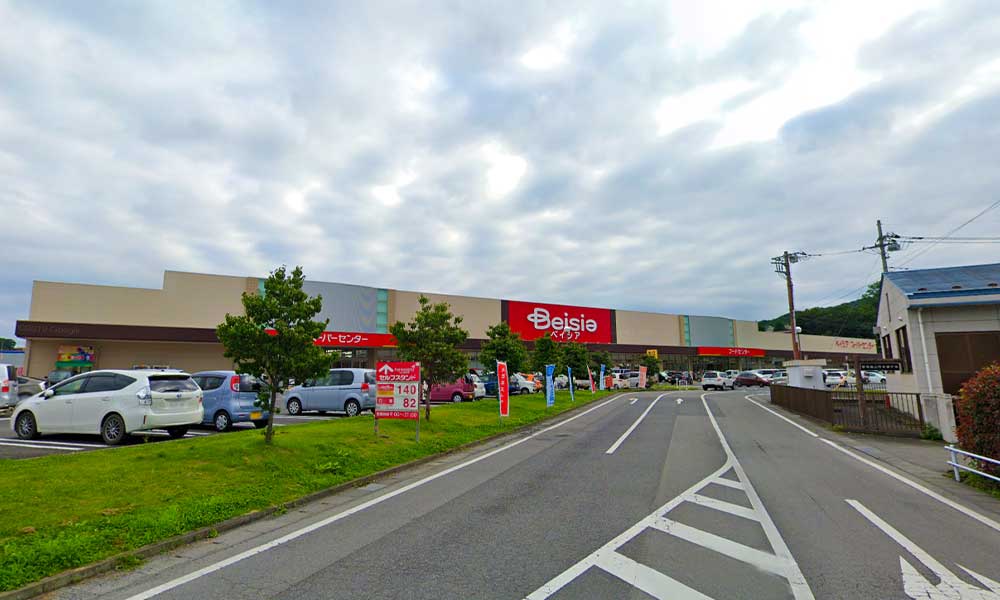
Nasukarasuyama City is a city with everything from supermarkets to specialty stores, so you won’t have any trouble buying the necessities of life.
In Nasukarasuyama city, there are supermarkets, drug stores, and other shops where you can buy daily necessities, mainly along National Route 294 and Prefectural Route 27.
Direct sales shops and farm shops selling local specialties and agricultural products are scattered around the city. You can get fresh vegetables, fruits, processed foods, and more.
There are five JR stations, but there are not many shopping facilities around the stations, so it can be said that the area is somewhat inconvenient without a car or other means of transportation.
The shops are concentrated along major roads and parking lots are ample and often free, so if you have a car you won’t have any trouble shopping.
Overall, there are few shopping facilities and no large shopping malls.
How about jobs and recruitment in Nasukarasuyama City?
Nasukarasuyama City: an agricultural town that supports new farmers
The average annual income in Nasukarasuyama City is 2.8 million yen.
Agriculture and forestry are the main industries in Nasukarasuyama City.
In addition to rice farming, pig farming, dairy cattle, beef cattle, and other livestock farming, the number of vegetable gardens such as tomatoes and orchards for strawberries and pears is also on the rise.
The city also provides support and subsidies for new farmers in the city as part of a new farming promotion project, which is a reassuring system for those considering farming as a new job. There are various requirements for receiving support, so please check the Nasukarasuyama City website.
There are not many large companies or factories in the city, and most of the job openings are at small and medium-sized companies, as well as companies and facilities that are closely related to daily life, such as supermarkets, hospitals, and nursing homes. You can expect a certain number of job openings in sales, clerical work, cooking, nursing, and other occupations.
Many of the jobs are community-based, allowing you to work while deepening your connection with the local community. The appeal is that you can feel the revitalization of the community and contribute to the local residents.
Because certain industries and sectors are thriving in these areas, there may be a limited number of job openings that match your expertise and career path, which may limit your opportunities to change jobs or advance your career.
Nasukarasuyama City, Tochigi’s unique subsidy/subsidy system
Nasukarasuyama City, Tochigi’s unique relocation assistance and relocation subsidy system
| Nasukarasuyama City Relocation Support Grant Relocation Family Rent Subsidy Relocation Housing Purchase Incentive |
Nasukarasuyama City, Tochigi’s unique housing assistance and subsidy system
| Vacant House Bank Vacant House Bank Home Renovation Subsidy Home Renovation Grant Subsidy System for Wooden House Earthquake Diagnosis and Renovation Septic Tank Installation Subsidy Program |
Nasukarasuyama City, Tochigi’s unique childcare support system
Nasukarasuyama City, Tochigi’s unique system for further education and tuition assistance/subsidies
| School Supplies Expense for New Students (Enrollment Preparation Fund) School Assistance Program Bus Commuting Pass Subsidy for Karasuyama High School Students |








